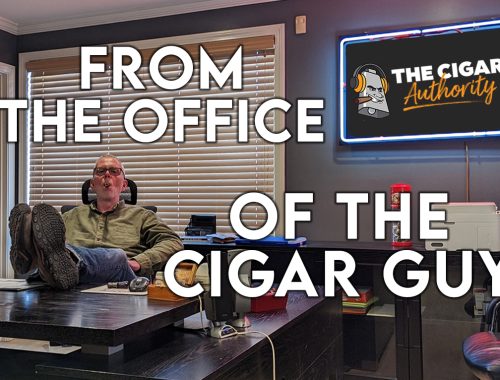Yesterday, United States Senator Bill Nelson (D-FL) re-introduced legislation to exempt premium cigars from FDA regulation. The bill, Senate Bill 294 (“S. 294”), was introduced with a total of 10 original sponsors and co-sponsors, which include Senator Marco Rubio (R-FL), Senator Joe Manchin (D-WV), Senator Daines (R-MT), Senator Tester (D-MT), Senator John Boozman (R-AR), Senator Mazie Hirono (D-HI), Senator Corey Gardner (R-CO), Senator Robert Casey (D-PA) and Senator Dean Heller (R-NV).
Like S. 441 and previous bills, Senator Marco Rubio (R-FL) is once again serving as the primary Republican co-sponsor on the legislation.
The legislation’s explicit purpose is to both define what constitutes a “premium cigar” and exempts the product category from regulations now in place under the FDA’s Final Rule . The bill is identical to its predecessor in the 114th Congress, S.441, which had the support of 22 members of the United States Senate.
Under the provisions of the S.294, a cigar is “premium” and exempt from the rule if it meets a strict definition:
- It must be wrapped in 100 percent leaf tobacco and bunched in 100 percent tobacco filler;
- Can not contain a filter, tip or non-tobacco mouthpiece;
- Must weigh at-least 6 pounds per 1,000 count;
- Has 100 percent tobacco binder and is hand rolled or is made with human hands to lay the wrapper or binder onto one machine that bunches, wraps and caps the individual cigars or has a homogenized tobacco leaf binder and is made in the United States using human hands to lay a 100 percent leaf tobacco wrapper onto one machine that bunches, wraps, and caps each individual cigar.
Since the FDA’s Final Rule went into effect on August 8th, 2016, premium cigar and pipe tobacco manufacturers and retailers have been left to adopt new compliance measures, and to absorb significant costs in order to meet the burdensome and costly new requirements.
Additionally, several key provisions under the regulations remain unclear despite pending deadlines and the industry continues to wait for new guidance from the FDA. In the short time the rule has been in effect, it has already resulted in industry consolidation, job losses, and economic uncertainty for small businesses domestically and with international trading partners.




